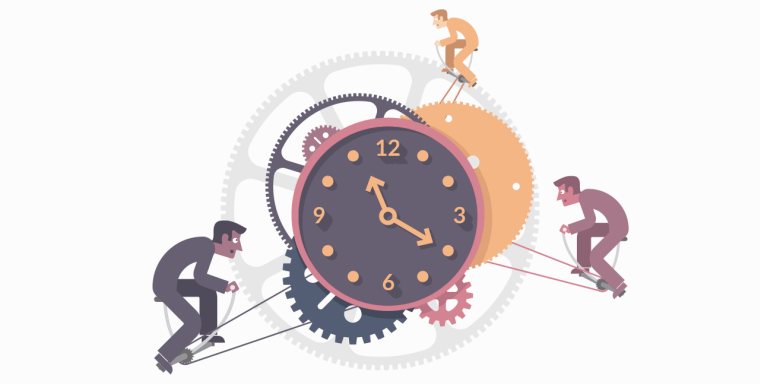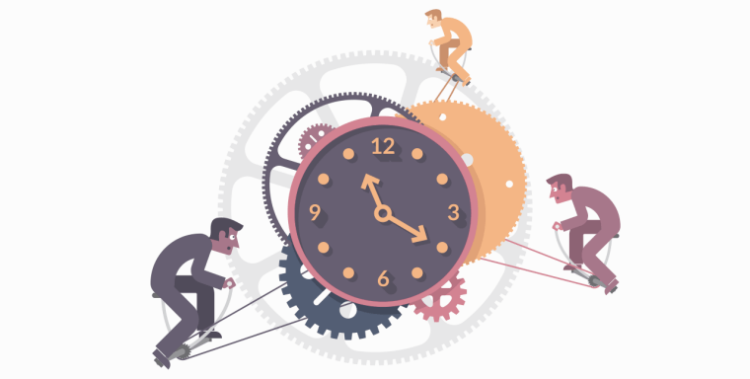
Believe it or not, in order to manage time effectively you have to understand what time is. You think you know what time is?
Well if you've taken time management classes, read some books, used electronic or paper-based planners to organize, prioritize and schedule your day, and you still have the question “Why do I feel like I can't get everything done ”, then you don't know what time is.
You see, there are two types of time: clock time and real time. Clock time has 60 seconds in a minute, 60 minutes in an hour, 24 hours in a day and 365 days in a year. Clock time passes equally. When someone turns 60, they are exactly 60 years old, no more or no less.
10 tips on how to manage time better that actually work
2. Any activity or conversation that's important to your success should have a time assigned to it. Make appointments with yourself! Create time blocks for high-priority things. Schedule when they will begin and end. Have the discipline to keep these appointments.
3. Engage 50% of your time to thoughts, activities and conversations that bring the most results.
4. Schedule time for breaks. Always leave some time to be pulled away from what you are doing.
5. Spend the first 30 minutes of your day building a plan. Don't start your day until you complete your time plan.
6. Take five minutes before every call and task to decide what result you want to achieve and five minutes after each call and activity to determine whether your desired result was achieved.
7. Put up a “Do not disturb” sign on the door when you have to get work done.
8. Don't pick up the phone just because it's ringing and don't answer emails just because they pop up.
9. Don't instantly give people your attention unless it's absolutely crucial to your business to offer an immediate human response. Instead, schedule a time to answer an email and return phone calls.
10. Avoid using social media during the day unless you use these tools to generate business.
Remember that it's impossible to get everything done and remember that 20% of your thoughts, conversations and activities produce 80% of your results.

